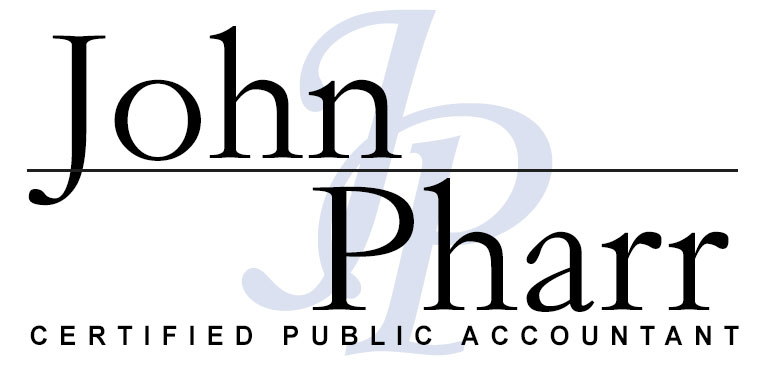Money Market Investments: Account vs. Fund – Which Is Right for You?
Understanding the disparity between a money market account and a money market fund is essential for maximizing the potential returns on your cash reserves. While leaving a substantial sum of money in a checking or conventional savings account may seem secure, it often means missing out on opportunities for higher interest rates.
Both money market accounts and money market funds offer avenues for optimizing returns while mitigating risk and safeguarding against inflation. However, despite their similar monikers, these financial mechanisms diverge significantly in their structures and functionality.
What is a “Money Market” account?
In the world of deposit accounts, the money market account is a compelling option offered by many banks and credit unions. With its ability to yield higher interest rates compared to conventional savings or checking accounts, a money market account presents a viable avenue for optimizing returns on deposited funds.
Beyond its enhanced interest rates, the distinguishing feature of money market accounts lies in their provision of check-writing privileges, a convenience absent in traditional savings accounts. This functionality enables account holders to occasionally utilize their funds for bill payments or fund transfers. Additionally, many money market accounts are equipped with debit card capabilities, further enhancing accessibility and usability.
The appeal of money market accounts extends beyond mere financial benefits. Deposits held within these accounts enjoy protection against bank closures, ensuring the security of deposited funds. With federally insured banks or credit unions, money market account deposits are safeguarded by either the Federal Deposit Insurance Corporation (FDIC) or the National Credit Union Share Insurance Fund (NCUSIF). This insurance coverage extends up to a maximum of $250,000, relieving concerns about potential losses in the event of institutional insolvency.
What is a money market fund?
Money market funds and money market accounts, despite their similar names, serve distinct purposes. While money market accounts operate as deposit accounts offered by banks or credit unions, money market funds function as investment vehicles akin to mutual funds.
Money market funds pool investments from multiple investors to procure a diversified portfolio of securities, including short-term and liquid instruments like commercial paper and certificates of deposit. To participate in a money market fund, individuals must possess an eligible investment account with a brokerage or investment firm.
Typically characterized by lower risk investments compared to traditional mutual funds, money market funds are favored for their stability and liquidity, often serving as repositories for cash reserves or alternatives to conventional stocks. Despite potentially higher returns relative to money market accounts, money market funds entail greater exposure to market fluctuations, reflecting their nature as investments.
Unlike money market accounts, which benefit from Federal Deposit Insurance Corporation (FDIC) or National Credit Union Share Insurance Fund (NCUSIF) protection, money market funds are safeguarded by the Securities Investor Protection Corporation (SIPC), shielding investors in the event of brokerage insolvency.
When deliberating between money market funds and money market accounts, understanding their differences is crucial in making informed financial decisions regarding surplus cash:
Money Market Accounts:
- Available through banks or credit unions.
- Backed by FDIC or NCUSIF insurance.
- Potential for fluctuating interest rates but stable account value.
- Typically subject to monthly fees, which may be waived based on balance requirements.
- Interest earnings taxable as income.
- Money Market Funds:
Accessed via investment firms or brokerages.
- Protected by SIPC.
- Offer potentially higher returns but entail market risk.
- Administered through expense ratios, covering administrative and management expenses.
- May include tax-exempt options, such as those comprising municipal bonds.
While money market accounts provide security and stability for cash reserves, money market funds offer opportunities for higher returns albeit with heightened market exposure. Understanding these differences is important for aligning financial strategies with individual risk tolerance and investment objectives.
Which is better?
Determining whether a money market fund is better or worse than a money market account hinges on individual objectives and risk tolerance. Money market funds, while offering relatively low-risk investment opportunities, have a potential for loss. However, they typically yield higher returns compared to money market accounts and often boast lower account minimums.
For those averse to risk, opting for a money market account presents a desirable alternative. A money market account allows for earning a superior Annual Percentage Yield (APY) compared to traditional savings accounts, all while shielding against fluctuations in market conditions that could impact account value.
Are there any drawbacks while using money market fund account?
When considering money market funds, it’s important to weigh their advantage drawbacks:
The risk: While money market funds generally offer higher returns than deposit accounts, they carry a risk of losing value if the securities within the fund experience a decline.
Higher minimums: Unlike some high-yield savings accounts that can be opened with minimal deposits, money market funds often require higher investment thresholds. Typically, investors need at least $2,000 to participate in a money market fund, which may pose a barrier for some individuals.
Fees: Money market funds come with expense ratios, which can range from 0.10% to 0.76% of the total invested assets. These fees, depending on the account balance, can accumulate and potentially diminish returns over time.
In Conclusion
Considering whether to allocate funds to a money market account warrants examination, especially if you have surplus cash earmarked for short-term objectives like major purchases or dream vacations.
Money market accounts are favorable options in such scenarios due to their typically elevated Annual Percentage Yields (APYs) compared to traditional savings accounts. Additionally, these accounts often afford conveniences like check-writing privileges and/or access to a debit card.
PharrCPA
Ready to optimize your financial strategy? Take the next step with PharrCPA. Whether you’re saving for a short-term goal or planning for the future, our expert team is here to help.
Explore our range of investment options and tax solutions today to start maximizing your returns and achieving your financial goals. Don’t wait any longer – seize control of your financial future with PharrCPA.




